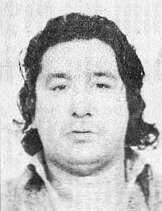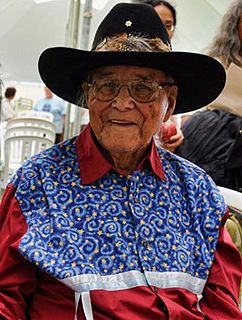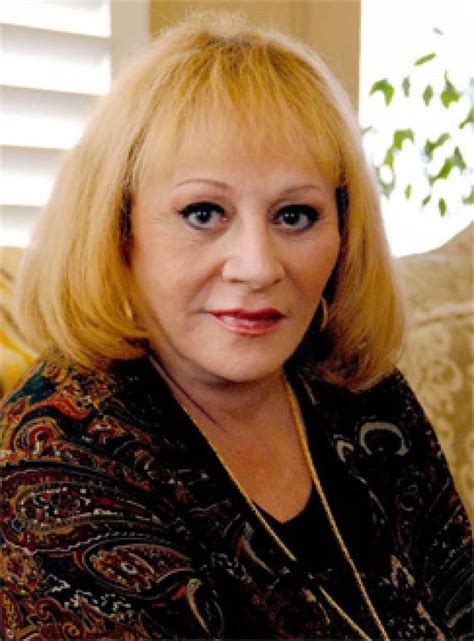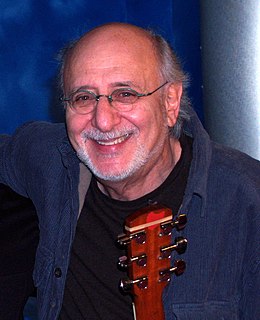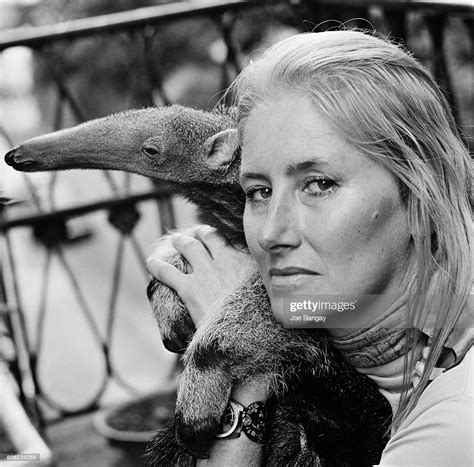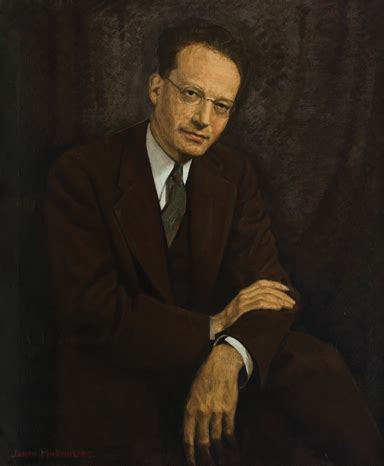A Quote by Leonard Peltier
In the past, when we were initially organizing to bring about changes, our elders had little or no political experience. However, today, most of those American Indian Movement organ-izers are the elders. They are quite adept at bringing attention to the public about any attacks upon our people.
Related Quotes
Humans are born, small, weak and helpless. That's why we have family. And the elders of the family are the honoured guardians of our country's history. Unfortunately, in America, we, you know, lock those elders away out of view in nursing homes and go about our little lives. It's a great national shame and an irredeemable tragedy. Oh well.
The idea of a group of elders is that, in past civilizations, they have linked worlds; the other world was also present in this one. There is also the argument that elders have "experience." The problem is that experience teaches fear of change. Experience kills imagination. Experience makes people conservative. What we are facing tomorrow requires the force of imagination, not wisdom from yesterday.
No individual and no generation has had enough personal experience to ignore the vast experience of the human race that is called history. Yet most of our schools and colleges today pay little attention to history. And many of our current policies repeat mistakes that were made, time and again, in the past with disastrous results.
Like children, the elders are a burden. But unlike children, they offer no hope or promise. They are a weight and an encumbrance and a mirror of our own mortality. It takes a person of great heart to see past this fact and to see the wisdom the elders have to offer, and so serve them out of gratitude for the life they have passed on to us.
In the time of the seventh Fire new people will emerge. They will retrace their steps to find what was left by the side of the trail long ago. Their steps will take them to the Elders, who they will ask to guide them on their journey. But many of the Elders will have fallen asleep. They will awaken to this new time with nothing to offer. Some of the Elders will be silent out of fear. But most of the Elders will be silent because no one will ask anything of them.
It is a written fact that our people had warned of all these consequences of wrongful environmental behavior since our very first contact with the non-Indians. There was a time when our elders used to say to us, "You can't function with one foot in the white man's canoe and one foot in the Indian's canoe." With these extreme environmental concerns taking place on the earth, mankind is all in the same boat. Or better be.
Most of my work for the past 25 years has been devoted to organizing demonstrations, benefits and campaigns, many of which have had the effect of bringing a policy debate to public focus or moving a political agenda forward. It's become a cliché to say 'think globally and act locally,' but it works.
Our parents, our tribesman, our authority figures, clearly expect us to be bad or anti-social or greedy or selfish or dirty or destructive or self-destructive. Our social nature is such that we tend to meet the expectations of our elders. Whenever this reversal took place and our elders stopped expecting us to be social and expected us to be anti-social, just to put it in gross terms, that's when the real fall took place. And we're paying for it dearly.
The great social justice changes in our country have happened when people came together, organized, and took direct action. It is this right that sustains and nurtures our democracy today. The civil rights movement, the labor movement, the women's movement, and the equality movement for our LGBT brothers and sisters are all manifestations of these rights.
It is a pity that so many Americans today think of the Indian as a romantic or comic figure in American history without contemporary significance. In fact, the Indian plays much the same role in our society that the Jews played in Germany. Like the miner’s canary, the Indian marks the shift from fresh air to poison gas in our political atmosphere; and our treatment of Indians, even more than our treatment of other minorities, reflects the rise and fall in our democratic faith.
